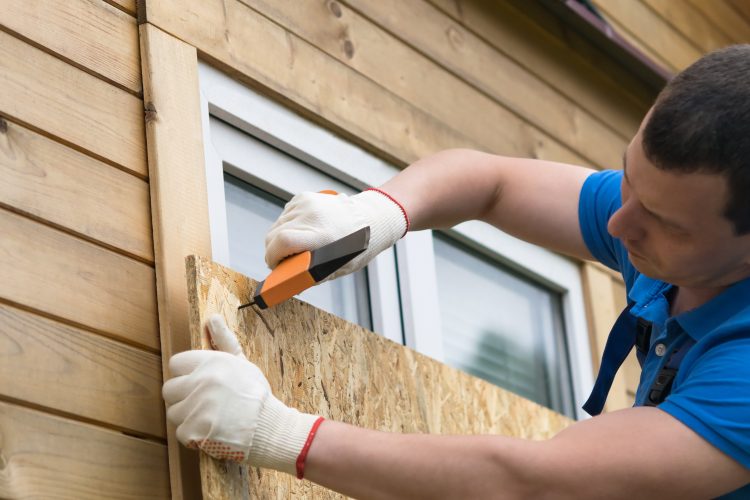Hurricanes can cause widespread devastation and turn life upside down. With hurricanes occurring more frequently and becoming increasingly destructive, it’s more important than ever to be prepared.
Understand the Risks You Might Face
Wind can tear shingles off roofs and uproot trees. Heavy rain can flood roads, trap residents in their homes or vehicles, and cause mudslides. Storm surge can flood buildings and wash away houses and cars. A hurricane can knock out power for days, and food can spoil due to a lack of refrigeration.
Gather Important Supplies
If a hurricane hits your area, you might have to evacuate, you might be ordered to shelter in place, or you might attempt to leave but realize that you can’t because a road is damaged or blocked. Make sure that you have what you’ll need, whether you leave or remain at home.
If you shelter in place, you’ll need enough nonperishable food, water, and medication to last your family at least three days. You’ll also need flashlights, batteries, a battery- powered radio, a first aid kit, and a manual can opener. If you have a baby or a toddler, you’ll need diapers, baby food, formula, bottles, books, toys, and stuffed animals. Don’t forget about your pets. Make sure that you have enough food for them, as well as medication, if applicable.
If you evacuate, you’ll need at least a few days’ worth of clothing for each member of your family, as well as hygiene products, medication, eyeglasses, and other essentials. If you have pets, find a local shelter that accepts animals, even if you don’t think you’ll need to evacuate. If you do have to leave, you won’t want to lose time searching for an appropriate shelter.
Fill your gas tank before the hurricane in case you must evacuate. Gas stations might be closed during and after the storm. Keep some cash on hand. Power outages can make electronic payment systems unable to function.
Safeguard Your Home and Vehicles
Patio furniture, lawn decorations, and toys can get blown around and cause serious injuries and property damage. Before the storm, secure loose objects or bring them inside. Park your car in a safe location. If you’re worried that your garage might flood, move your vehicle to higher ground.
Check the trees in your yard for loose, damaged, or decaying limbs that are likely to fall or get ripped off in a hurricane. If you know how to safely trim branches, you can do it yourself. If not, hire a professional. Ideally, you’ll do that as a part of your regular home maintenance and get it taken care of well before a hurricane strikes. Boarding up the windows on your house can reduce the risk of damage. You’ll have to measure the windows and purchase plywood in advance so you’ll have it on hand if you need it.








